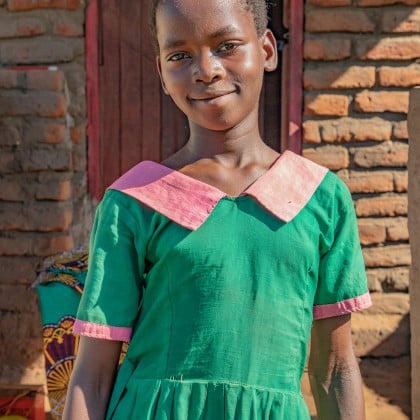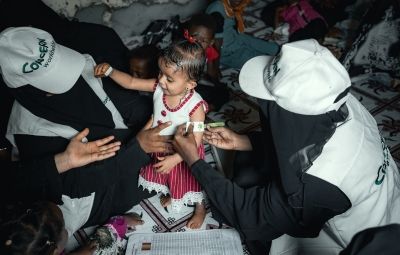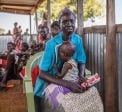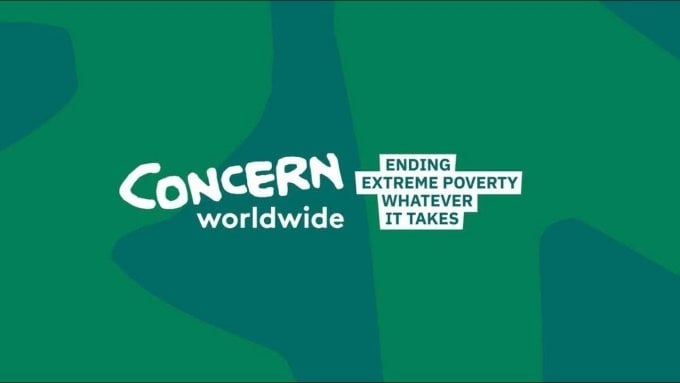
Read our 2024 annual report

Knowledge Hub
Join us on our mission to end extreme poverty, whatever it takes
Where your money goes
Approximately 90% of your donation will go directly towards our relief and development work with the world's poorest and most vulnerable people.
In 2024, we reached 16.8 million people in 27 countries through our emergency response programmes, with more than 7.6 million million people reached through our health and livelihoods activities.
How your donation is used
88.2%
of your donation goes to Relief and Development
This is spent directly towards our goal of ending extreme poverty.

8.6%
Fundraising
This is money spent to raise funds for Concern's work and highlight the needs of the communities we work with.
2.7%
Global Citizenship and Advocacy
We invest money in influencing policies and deepening awareness on issues around global poverty with the public.
0.5%
Governance
Funds spent to ensure Concern Worldwide is managed efficiently and adheres to the highest standards.
Every day, we are working to transform the lives of people living in extreme poverty
Our vision, our mission and our work are all defined by one goal – ending extreme poverty, whatever it takes. We believe that no-one should have to live in fear that they won't have a home to sleep in or enough food to feed their children.
When an emergency strikes, we are among the first on the ground – mobilising expert teams in just 24 hours. From the conflicts in Sudan and Yemen to the effects of the climate crisis in the Horn of Africa, we go to the ends of the Earth to reach the most vulnerable.
By donating today, you're helping us make this vision a reality, one step at a time.
Other ways to help
Start a fundraiser
Without fundraisers, our work in the world’s poorest countries wouldn’t be possible! We’ve listed some fundraising ideas to get you started.
Corporate support
Is your company interested in working together for a common cause?
Buy a gift
With an extensive range of alternative gifts, we have something to suit everyone.
Donate now
Give a once-off, or monthly, donation today.






